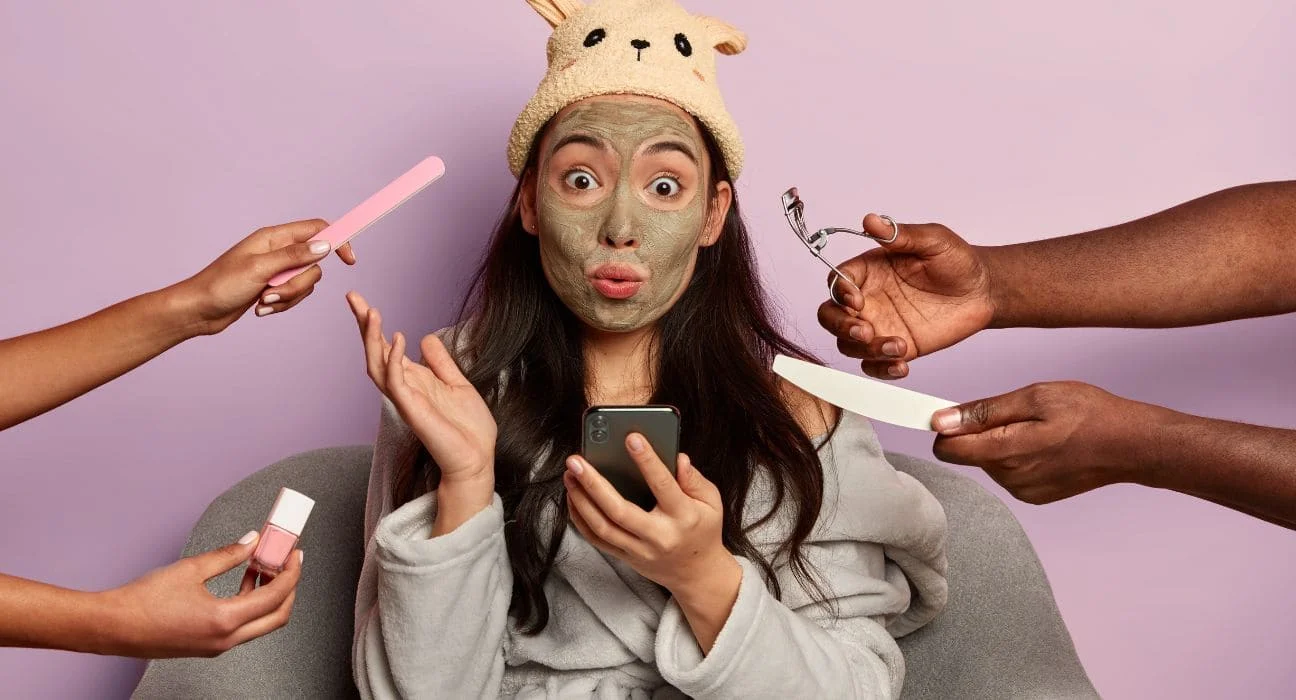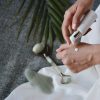In today’s beauty-conscious world, understanding the intricate relationship between skincare, psychology, and our perception of elegance has become increasingly important. This article delves into the fascinating science behind beauty, exploring how our skincare routines and psychological factors shape our understanding of elegance and attractiveness.
The Psychology of Skincare
Self-Care and Mental Well-being
Recent studies have shown that consistent skincare routines can significantly enhance overall quality of life. A daily beauty regimen not only improves self-perception by boosting feelings of attractiveness and self-confidence but also promotes empowerment, happiness, and heightened self-esteem. The act of dedicating time to self-care through skincare creates a comprehensive multisensory experience that contributes to emotional well-being.
The Power of Perception
Light vs. Heavy Makeup
Research has revealed that faces with light makeup are often judged as more attractive than those with heavy makeup. This preference for lighter makeup may be linked to perceptions of trustworthiness and likability, suggesting that allowing more of one’s natural features to show through can lead to more positive evaluations.
The Science of Attraction
Biological Signals and Beauty
Color cosmetics can be considered phenotypic extensions linked to biological meanings. Factors such as luminance contrast in the face and redness of lips typically enhance attractiveness and femininity, possibly due to their association with higher estrogen levels and overall health.
The Role of Skincare in Self-Expression
Identity and Beauty Products
One of the primary reasons people purchase beauty products is the desire for self-expression. Skincare and cosmetics offer individuals a way to showcase their identity or aspire to a certain image, fulfilling the human need to feel unique yet connected to a broader social group.
The Influence of Social Factors
Social Proof in Beauty Choices
Human beings are inherently social creatures, and our beauty-related decisions are often influenced by those around us. Social proof, including reviews, testimonials, and influencer endorsements, plays a significant role in shaping consumer choices in the beauty industry.
The Evolution of Beauty Standards
From Appearance to Well-being
In recent years, the beauty industry has witnessed a shift towards wellness and self-care. Consumers are increasingly seeking products that not only enhance their appearance but also contribute to their overall well-being, reflecting a growing awareness of mental health and the importance of self-care routines.
By understanding the science behind beauty and the psychological factors that influence our perceptions of elegance, we can make more informed choices about our skincare routines and beauty practices. This knowledge empowers us to cultivate a sense of elegance that goes beyond surface-level appearance, embracing the profound connection between skincare, psychology, and our overall well-being.


